Apple iOS leading among corporate users, Android deemed most risky
The report, published by security firm Check Point, surveyed 768 IT professionals in the US, Canada, UK, Germany and Japan.
It described "extensive use" of mobile devices in corporate networks, noting that 89 percent of sites now support the use of devices such as smartphones and tablets.
The use of employee's personal devices on corporate networks is also growing, with, on average, 65 percent of companies surveyed officially allowing access to their employee's personally owned devices in addition to company-owned hardware.
Apple takes RIM's corporate crown
Apple's iOS accounted for 30 percent of mobile devices in use on corporate networks, narrowly beating RIM's BlackBerry devices at 29 percent. Third place Android represented 21 percent of users, just ahead of Windows Mobile/Windows Phone, which accounted for 18 percent.
In terms of security risks, however, Android was cited being the worst, with 43 percent calling out Google's mobile platform. Apple's iOS was deemed a security risk by 36 percent, while RIM's BlackBerry faired best with 22 percent ranking it a security risk.
Of all respondents, 71 percent agreed that the use of mobile devices in general were a contributing factor to the number of security incidents their organizations were facing. The leading cause for security concerns among mobile device use related to a lack of employee awareness.
Careless actions by employees were seen as being roughly three times as dangerous as the activity of "hackers," with 72 percent saying that employee errors posed a greater security threat to organizations than outside attacks.
However, other security risk factors related to platform itself, including insecure WiFi networking and web browsing, downloading of apps corrupted by malware, and a lack of security patches from service providers.
 Daniel Eran Dilger
Daniel Eran Dilger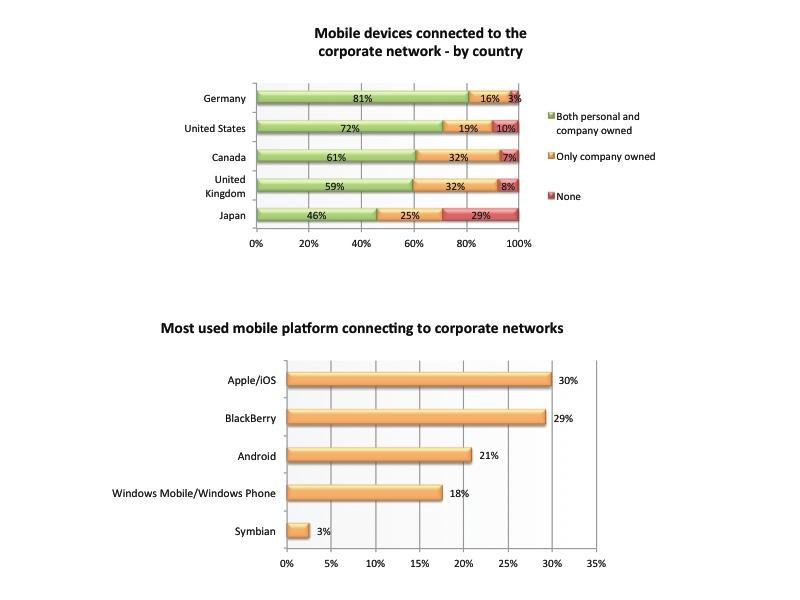
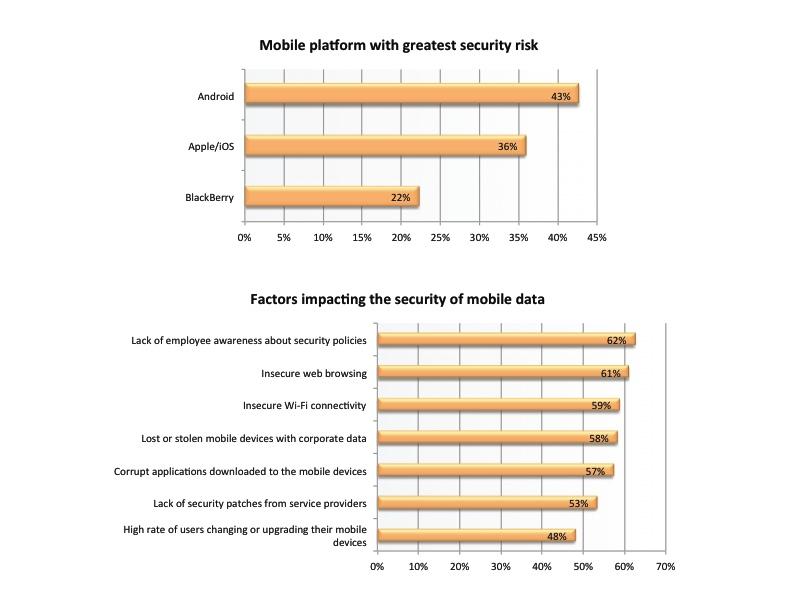











 Malcolm Owen
Malcolm Owen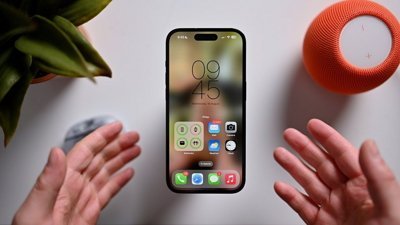
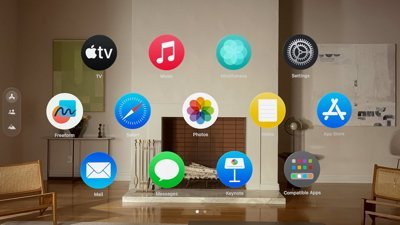

 William Gallagher
William Gallagher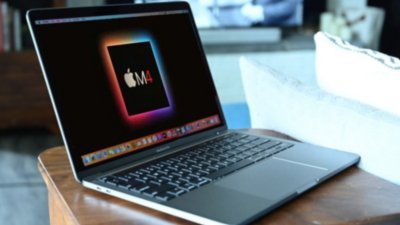

 Christine McKee
Christine McKee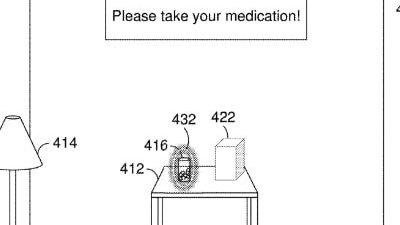
 David Schloss
David Schloss
 Amber Neely
Amber Neely







